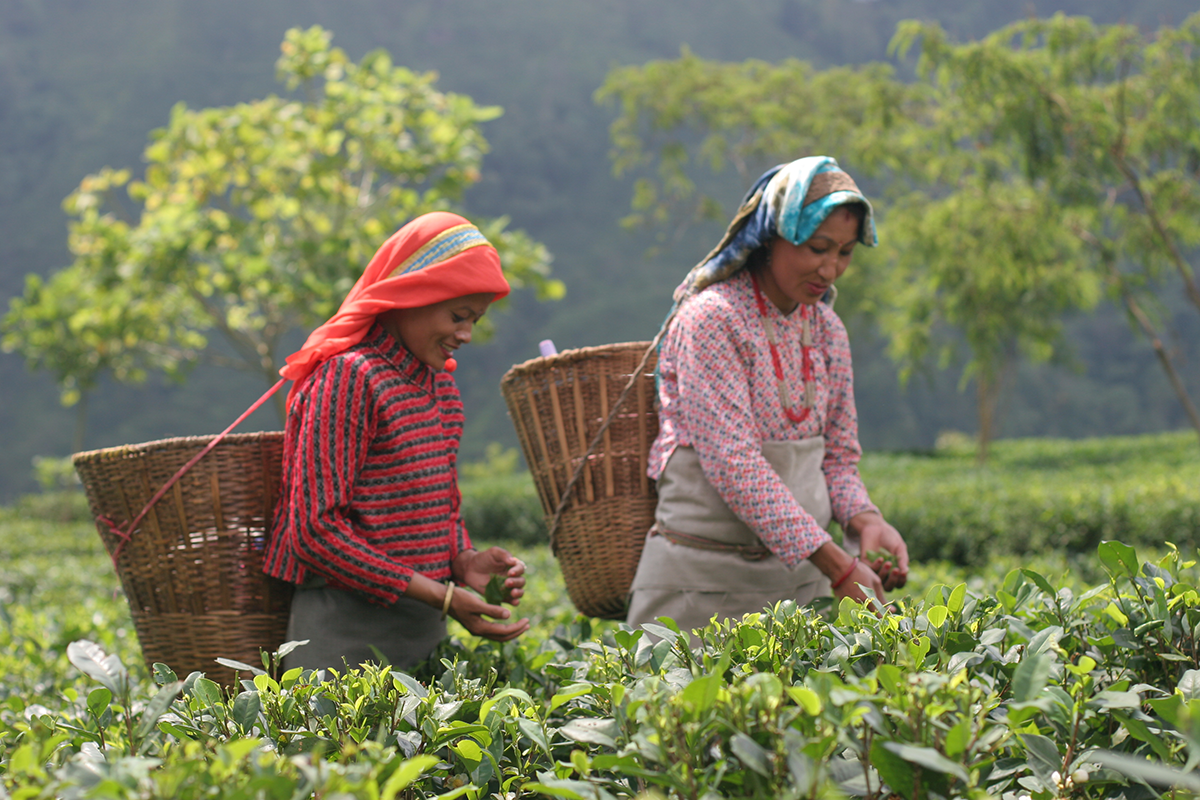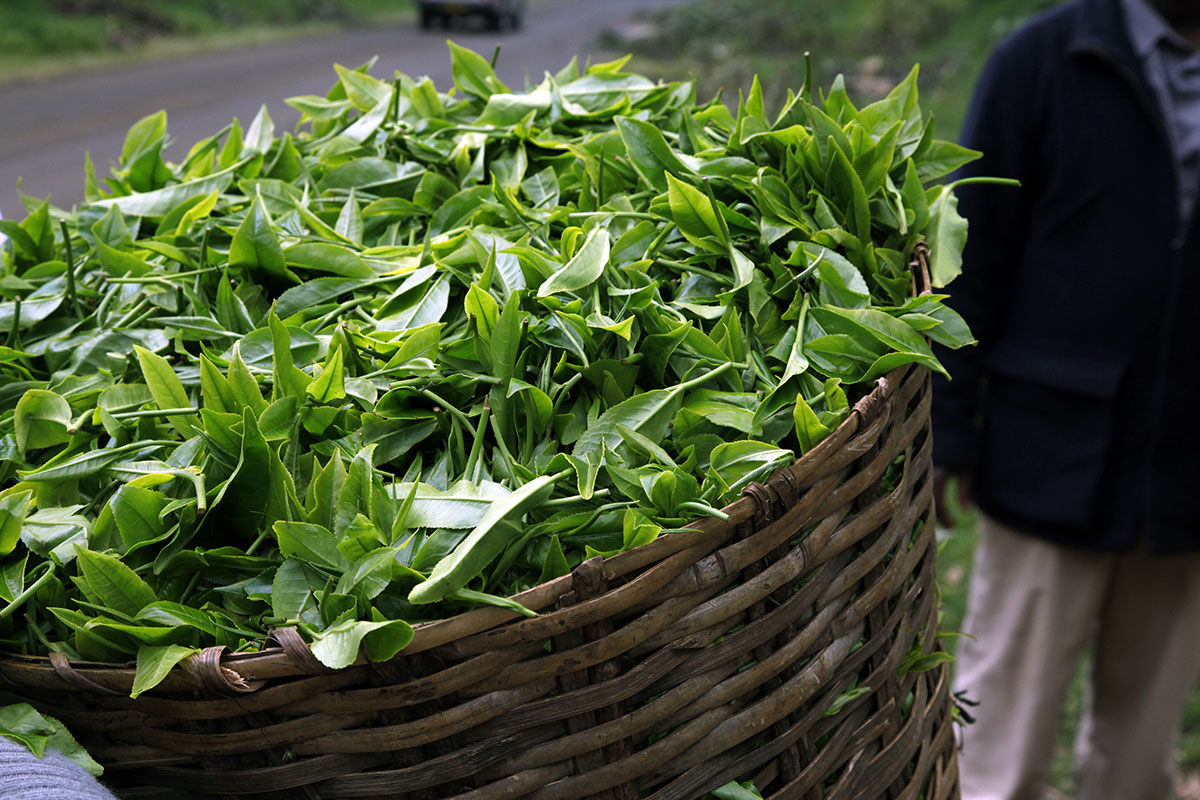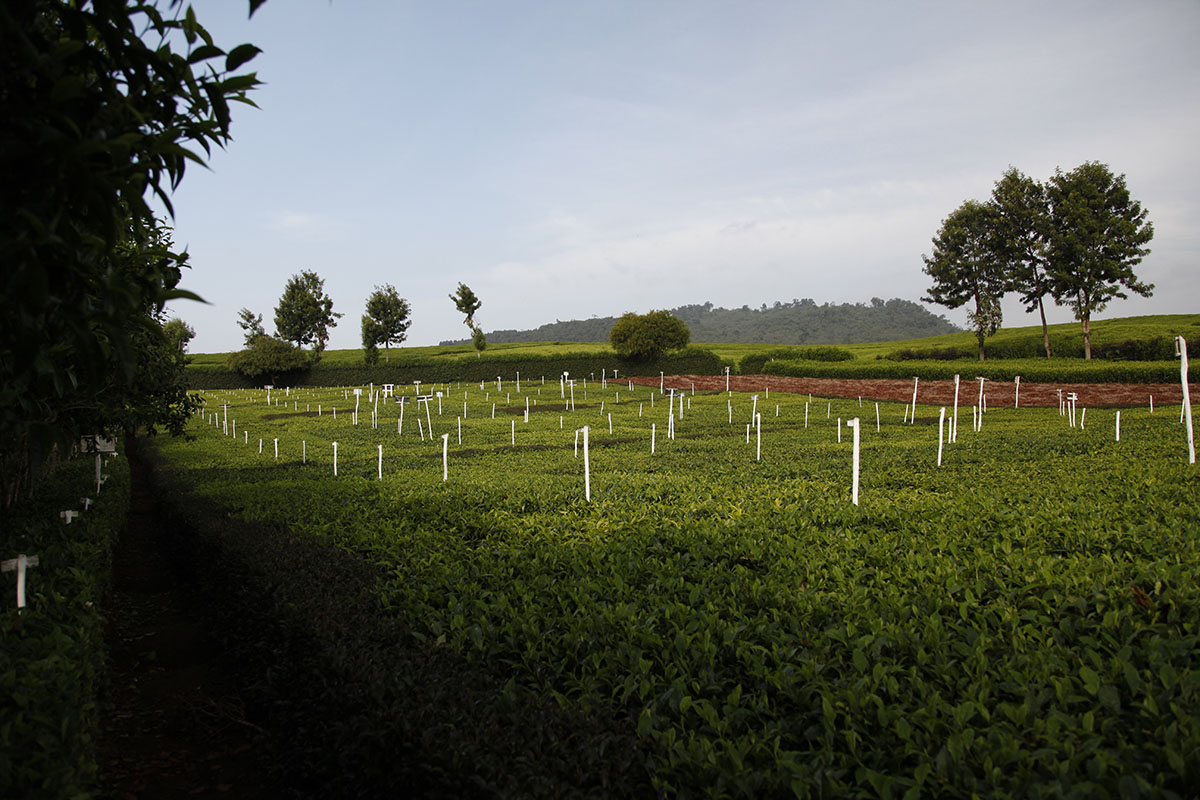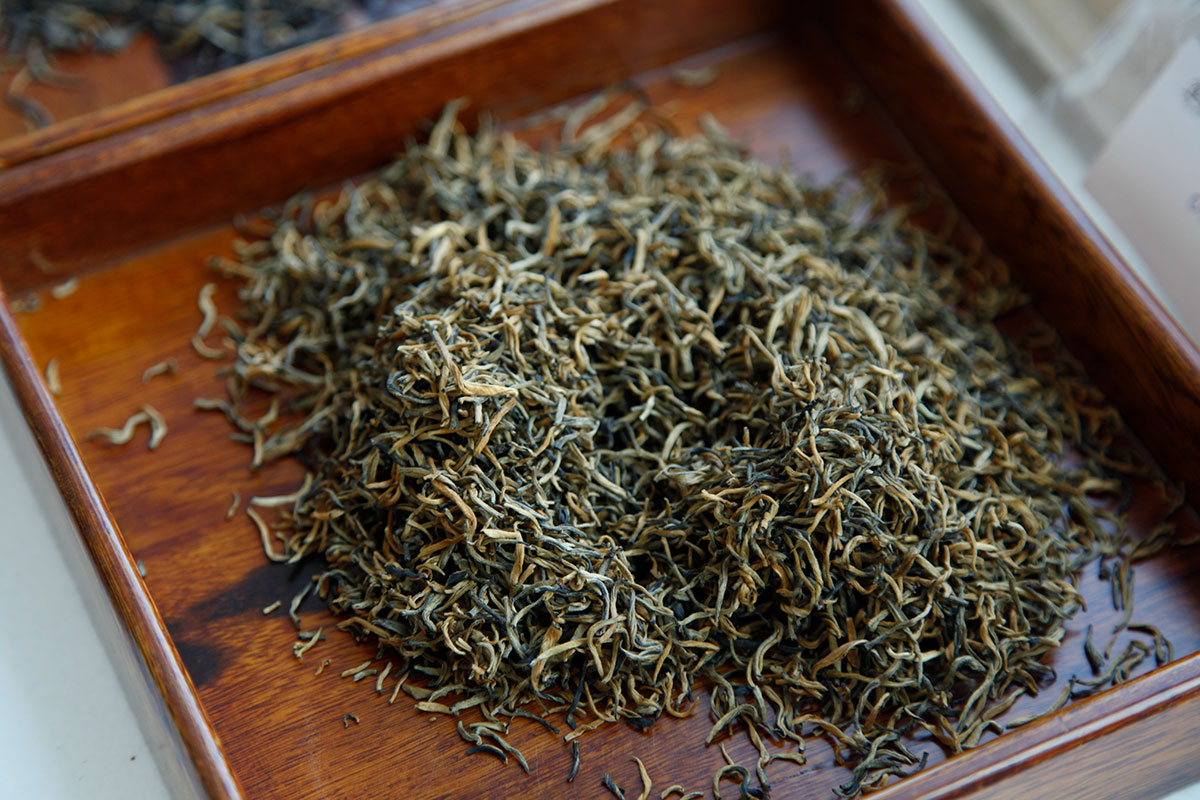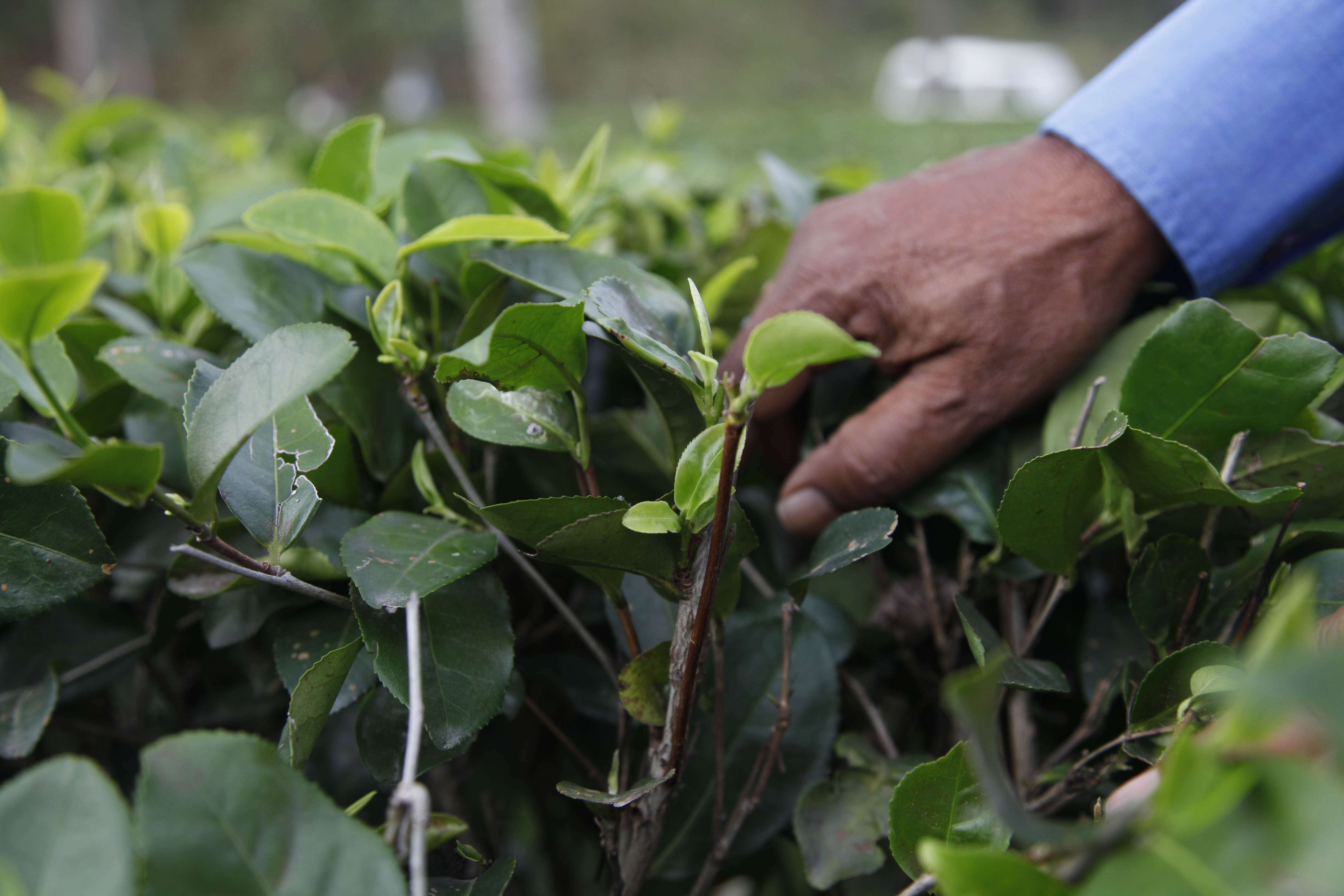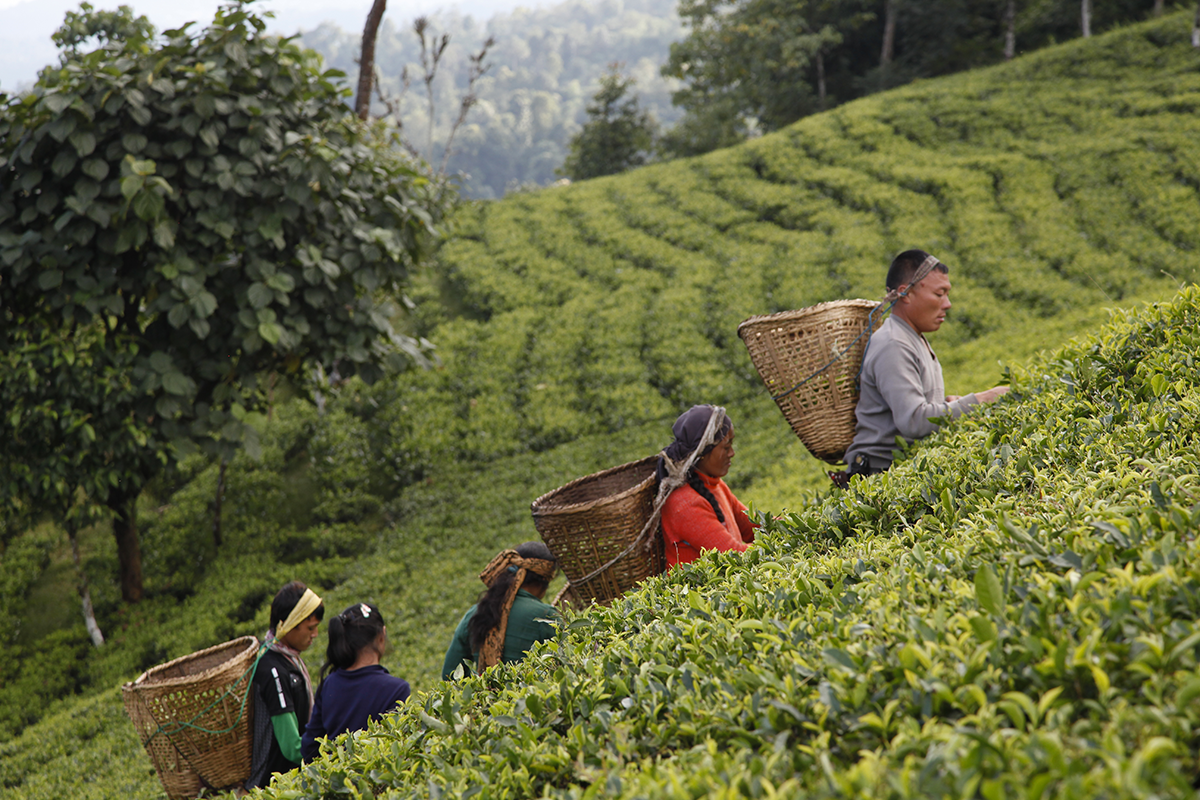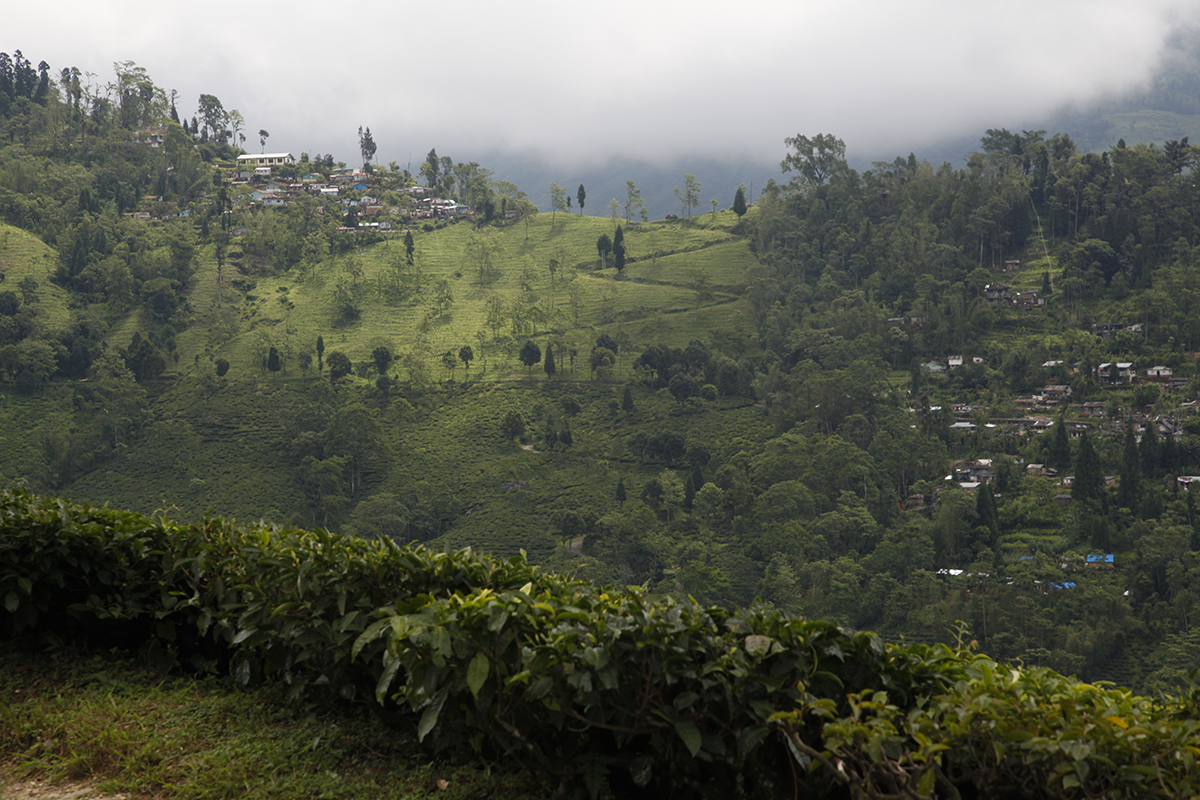Following my last post, I received some comments that I thought would be interesting to discuss. Firstly, I’d like to say that I have a deep affection for India and have visited the Darjeeling region dozens of times, which shows how much it means to me. And Palais des Thés has taken many initiatives over more than 30 years to promote the wonderful teas from this part of the world.
I’d like to stress that this pesticide problem, which should never happen with tea, especially bearing the AB organic label, doesn’t just concern India. The same thing could be happening in other countries. I have the following comments to share with you from producer friends:
– The pesticide in question is not easy to find, and its use in tea has become extremely rare. On the other hand, DDT has been sprayed by the authorities in very isolated cases to control malaria in particularly infested areas. These sprays, which would be better if substitutes were used, can end up on surrounding crops.
– The creation of planted barriers between roads and fields, and around homes, has been the subject of much discussion with regional health authorities. This is an easy solution to implement in cases where it’s essential to combat the presence of mosquitoes carrying the malaria parasite.
– Sometimes, the person in charge of certification is too close to the plot owner, which can undermine the professionalism of the work and result in inadequate inspection.
I think it’s important to point out something that few people are aware of: AB-type organic certification is essentially based on the examination of various documents, and the organisations in charge of these certifications don’t carry out regular laboratory analyses. Our health and that of our customers is paramount, which is why I’m approaching this subject in the simplest and most transparent way possible.

